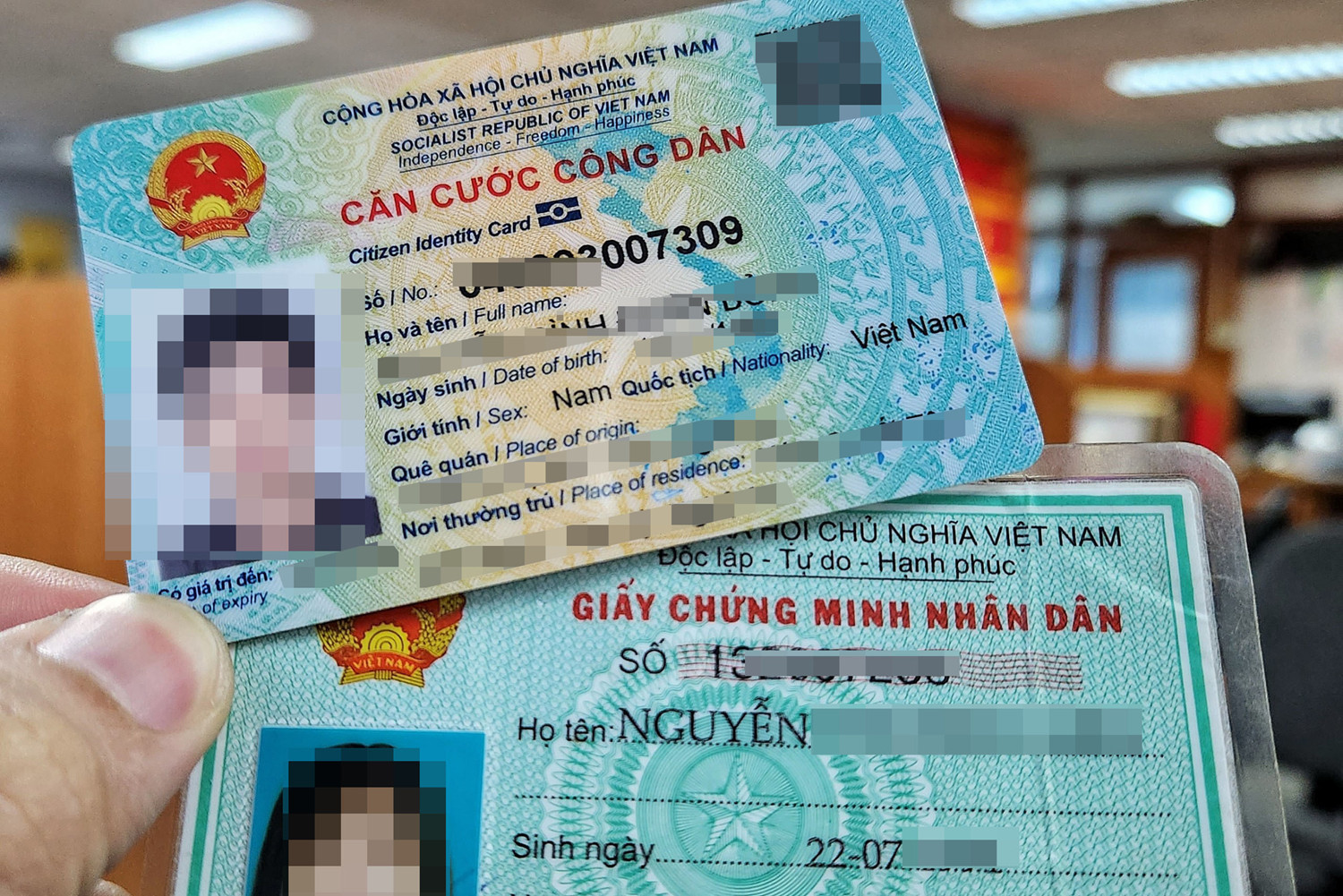
The Ministry of Public Security has introduced a draft Personal Data Protection Law, which includes significant measures to enhance user privacy.
Notably, Article 31 of the draft law specifies that social media platforms and online communication services (OTT) must safeguard the personal data of Vietnamese citizens when operating in Vietnam or offering their services through mobile app stores targeting the Vietnamese market.
New restrictions on ID verification and data collection
According to the proposal, social media providers will be required to clearly inform users about the personal data they collect when users install and use their services.
These platforms must not collect unauthorized data beyond what is explicitly agreed upon with customers.
A key provision in the draft law states that organizations and individuals providing social media and online communication services will not be allowed to request users to upload photos of their national ID card or passport as a method of account verification.
Additionally, social media platforms must provide users with the option to decline cookie tracking and data sharing. They will be required to offer a "Do Not Track" feature, ensuring that user activity on social media and OTT services is only monitored with explicit consent.
Providers must also issue clear, written notifications regarding the sharing of personal data and implement security measures when using customer data for advertising and marketing purposes.
Protecting user privacy and preventing unauthorized surveillance
The draft law explicitly states that “eavesdropping, unauthorized recording of calls, or reading text messages without the data owner’s consent constitutes a legal violation.”
It further clarifies that personal data used to register social media and OTT service accounts is not considered public information and cannot be processed without user consent.
According to the Ministry of Public Security, personal data protection involves multiple layers, including public awareness, regulatory enforcement, and preventive measures to detect and address violations of data privacy laws.
The introduction of the Personal Data Protection Law aims to enhance Vietnam’s legal framework for safeguarding personal information. It seeks to establish clear regulations, align local data protection standards with international best practices, and promote lawful use of personal data for economic and social development.
The draft law is scheduled to be presented for discussion at the National Assembly’s ninth session and is expected to be passed by the end of the year.
Dinh Hieu